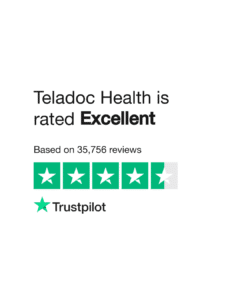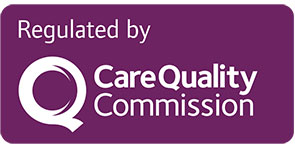Sepsis is a life-threatening condition that may arise from an infection. It is a medical emergency. Normally, the body’s natural defences (immune system) attack any invading infection-causing germs (pathogens). However, in Sepsis, the immune system over-reacts, causing severe inflammation and damaging key organs. This can progress very rapidly and, if not treated promptly, can sometimes lead to septic shock, multi-organ failure, and even death. In the UK, Sepsis affects approximately 245,000 people each year, sadly resulting in 48,000 deaths.
Causes and Risk Factors
Sepsis can develop from any infection. It is usually bacterial in origin, but viruses, fungi, and parasites may also be a cause. Common triggers include pneumonia, urinary tract infections, and post-surgical infections.
Those at most risk are often older people (>75yrs) and the very young (<1yrs old). However, others at risk include those having a weakened immune system:
- Those with a coexistent chronic condition like diabetes, having had a previous splenectomy, or sickle cell disease.
- People undergoing treatment for cancer with chemotherapy.
- Individuals on long-term steroids or other immunosuppressant drugs like those used to treat rheumatoid arthritis or lupus.
- People who may misuse drugs intravenously.
- Pregnant patients, or those who have given birth, had a termination or miscarriage within the prior 6 weeks.
It’s important to remember, though, that sepsis can affect anyone, even seemingly healthy young people.
Signs and Symptoms
The early signs of sepsis can be vague, often mimicking other illnesses. However, there are key symptoms to watch for both adults and children.
For Adults:
- Slurred speech or confusion
- Extreme shivering or muscle pain
- Passing no urine (in a day – 18 hours)
- Severe breathlessness or breathing very fast
- It feels like you are going to die
- Skin is mottled (patchy) or discoloured pale or blue.
For Children, in addition to the above, other symptoms may include:
- A very high temperature, or conversely a low temperature, feeling very cold or clammy to touch
- A rash that does not fade when you press it. A good way of checking for this is the ‘glass test’—press the clear glass against the rash. If it does not fade or disappear, ring 999 urgently.
- Being very tired, drowsy, or having difficulty waking from a sleep
- Experiencing severe abdominal pain
- Feeling faint or dizzy
- Having a seizure
Children under five may also experience the following symptoms:
- Not wanting to feed
- Recurrent vomiting
- Not passing urine for 12 hours
The truth is that sepsis is hard to diagnose. If you’re worried, it’s worth asking your clinician whether they have considered it.
Treatment
Once diagnosed, sepsis requires immediate medical care, typically in a hospital setting. Without quick intervention, sepsis can progress to septic shock, characterized by dangerously low blood pressure and organ failure. Treatment involves antibiotics to combat the underlying infection, intravenous fluids to maintain blood pressure, and sometimes medications to support organ function. In severe cases, mechanical ventilation or dialysis may be necessary.
Prevention
We don’t fully understand exactly why sepsis occurs when it does. Some infections are more triggering than others but don’t always progress to sepsis. Although we know some people are more at risk, they still don’t get sepsis with most infections. Although we cannot predict, there is some general advice: you should stay up to date with vaccinations, generally practice good hygiene, be careful with any skin wounds, and seek medical advice if you feel very unwell.
Conclusion
Sepsis is a medical emergency that claims millions of lives globally each year. Awareness of the symptoms and the importance of seeking urgent medical care can be lifesaving. If you or a loved one experiences signs of severe infection, seek medical attention immediately. Time is of the essence when it comes to sepsis. With better awareness and seeking medical advice early, we can all do our part to ensure prompt treatment. For more information, please visit ‘The UK Sepsis Trust’ – https://sepsistrust.org/about-sepsis/









